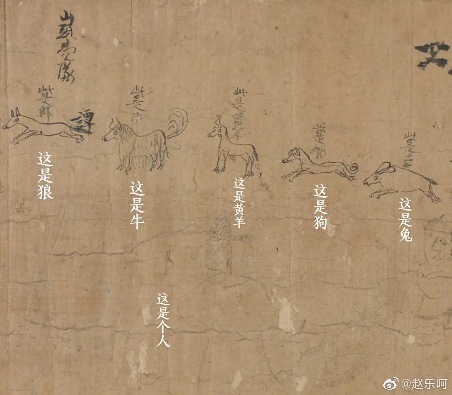Orthographic variation in a pair of poems by a Japanese Zen monk and his mistress
From Bryan Van Norden:
I found interesting these paired poems by the 15th-century Japanese Zen monk Ikkyū (1394-1481) and by his mistress, the blind singer Mori. He writes his poem in Classical Chinese, because he is a man, but her poem is in hiragana, because she is a woman. Below are photos of the original scroll, showing paintings of Ikkyū and Mori, from Arntzen's translation, and a more recent translation by Messer and Smith. I am researching Ikkyū for what will ultimately be a five-minute segment in my class lecture on Zen this week. I find that students have trouble appreciating what is at stake in the debate over metaphysical monism vs dualism. Ikkyū, a monk who frequented bars and brothels, shows one way of rejecting dualisms (like sacred vs profane, mind vs. body, monk vs. layperson).
Read the rest of this entry »


